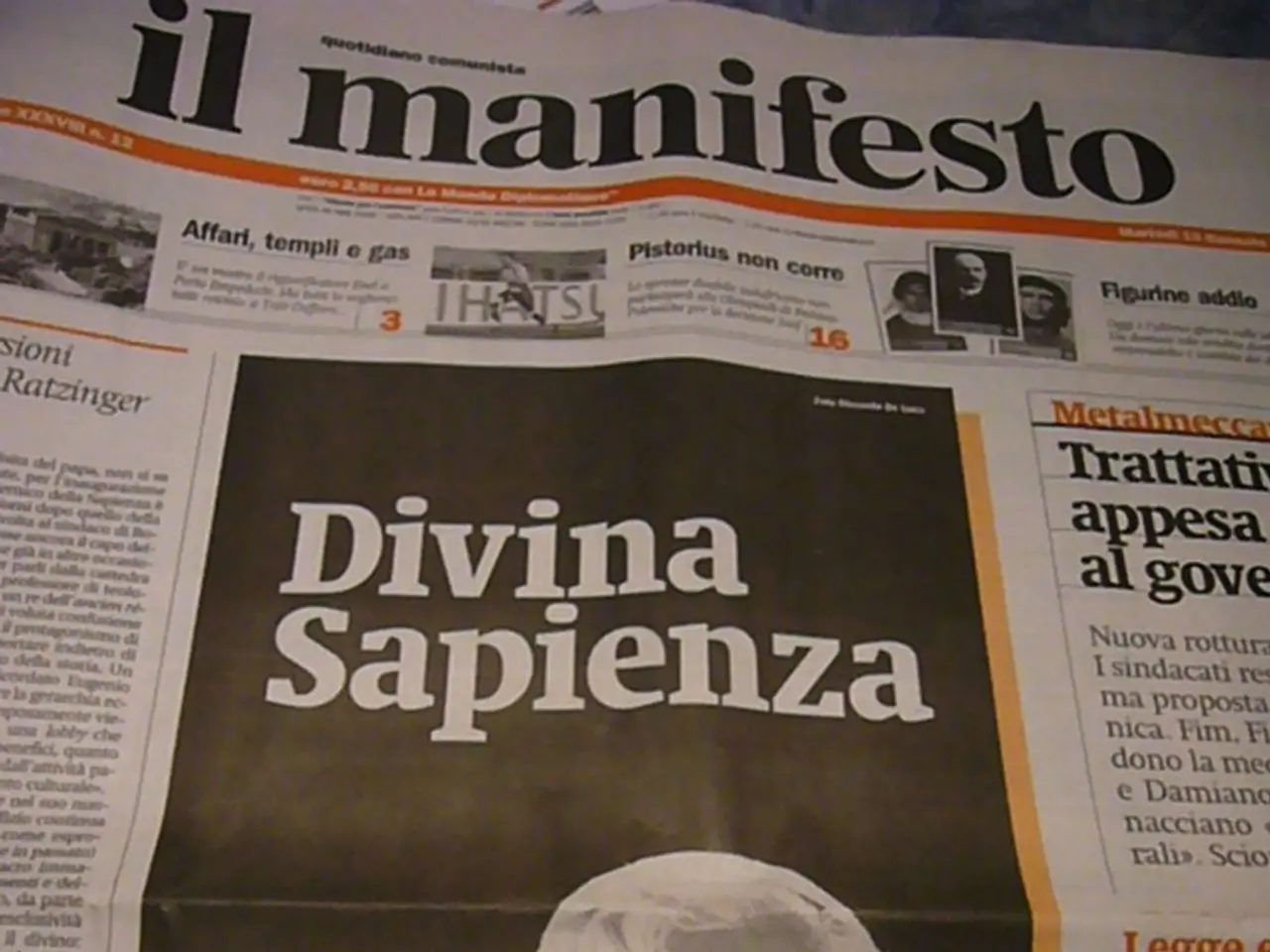Historical distortion through deception
In the Philippines, a significant shift in collective memory and democratic values has been observed due to the historical revisionism of the Marcos dictatorship. During the rule of Ferdinand Marcos Sr. from 1965 to 1986, he imposed martial law, a period characterised by widespread human rights abuses, corruption, and authoritarianism.
However, efforts led by Ferdinand Marcos Jr. (Bongbong Marcos) and his allies have sought to rehabilitate the Marcos family's image. This revisionism includes downplaying or denying the dictatorship’s crimes, altering educational materials, and using social media propaganda.
The impact on collective memory is profound. Millions of Filipinos who lived through martial law recall widespread arrests, torture, and suppression of dissent. Yet, the revisionist narrative attempts to recast Marcos Sr. as a “selfless patriot” who preserved peace and order, challenging the foundational democratic principle of accountability and risking legitimizing authoritarian governance.
The use of digital platforms to flood information channels with revisionist content has been instrumental in shaping perceptions, particularly among the youth. Studies show that young voters, who did not experience martial law, were strongly influenced by these digital narratives.
In contrast, Germany provides a contrasting historical experience with its approach to collective memory after the Nazi dictatorship. Germany has implemented comprehensive education, memorials, and legal frameworks to confront and acknowledge the atrocities committed under Hitler’s regime, fostering a democratic culture deeply informed by the past.
This contrasts with the Philippines, where revisionism has gained traction, highlighting differences in how societies engage with authoritarian legacies to sustain democratic resilience.
In the Philippines, Marcos Jr. has been systematically normalizing his father's dictatorship. Textbooks are being revised, memorial institutions weakened, and critical terms like "martial law" or "human rights violations" banned from official speeches. Instead, he puts infrastructure projects at the center and fills key positions with loyalists.
Online platforms such as YouTube, Facebook, and TikTok have been flooded with posts praising Marcos Sr. and denying his crimes. A study by Tsek.ph found that 92% of all checked online content about Marcos Jr. was positive and false, while 96% of false information about his rival Leni Robredo was negative and defamatory.
The past has been algorithmically erased, with most of this content appearing neutral but originating from professionally-run troll farms or paid content creators. A digital strategy was employed to rebrand the Marcos dictatorship as a "golden age" online.
During his rule, around 70,000 political prisoners were held, 34,000 cases of torture were documented, and over 3,000 extrajudicial killings occurred. The danger of digital and thus real historical amnesia is growing, creating zones of historical uncertainty.
As the Philippines grapples with contested memories and attempts to rehabilitate an authoritarian figure, Germany’s robust historical reckoning serves as a model, underscoring the importance of education, transparency, and official recognition of wrongdoing in preserving democratic values and preventing revisionism.
[1] University of the Philippines, Human Rights Watch, Tsek.ph [3] Pulse Asia (2022)
- In the election campaign, the Marcos family's image is being rehabilitated through historical revisionism, downplaying the crimes of the Marcos dictatorship and altering educational materials, using social media propaganda to influence perceptions, particularly among the youth.
- Personal growth and self-development are often intertwined with entertainment, however, in the Philippines, the line between entertainment and politics is blurred as online platforms are flooded with posts praising the Marcos dictatorship, denying their crimes, and recasting Marcos Sr. as a "selfless patriot".
- The impact of war and conflicts on a society's memory is evident in the Philippines, where around 70,000 political prisoners were held, 34,000 cases of torture were documented, and over 3,000 extrajudicial killings occurred during the Marcos dictatorship.
- In the realm of policy and legislation, the Philippines is witnessing an attempt to normalize the Marcos dictatorship, with textbooks being revised, memorial institutions weakened, and critical terms banned from official speeches.
- Contrasting the Philippines' approach to historical revisionism, Germany has implemented comprehensive education, memorials, and legal frameworks to confront and acknowledge the atrocities committed under the Nazi dictatorship, fostering a democratic culture deeply informed by the past. This contrast highlights the differences in societies' engagement with authoritarian legacies to sustain democratic resilience.




